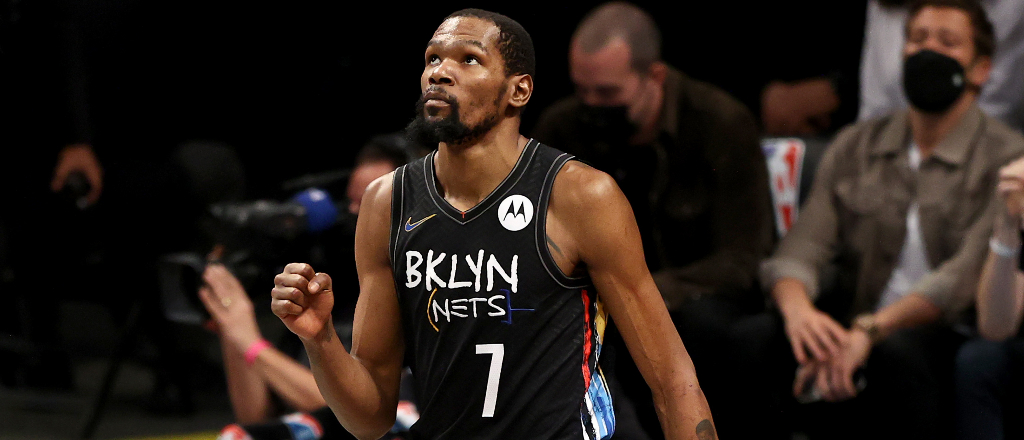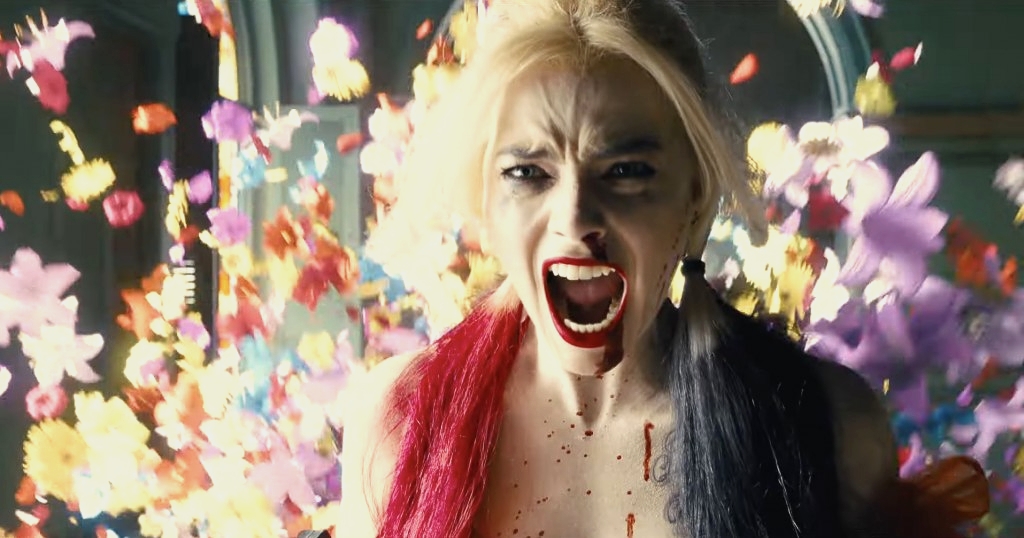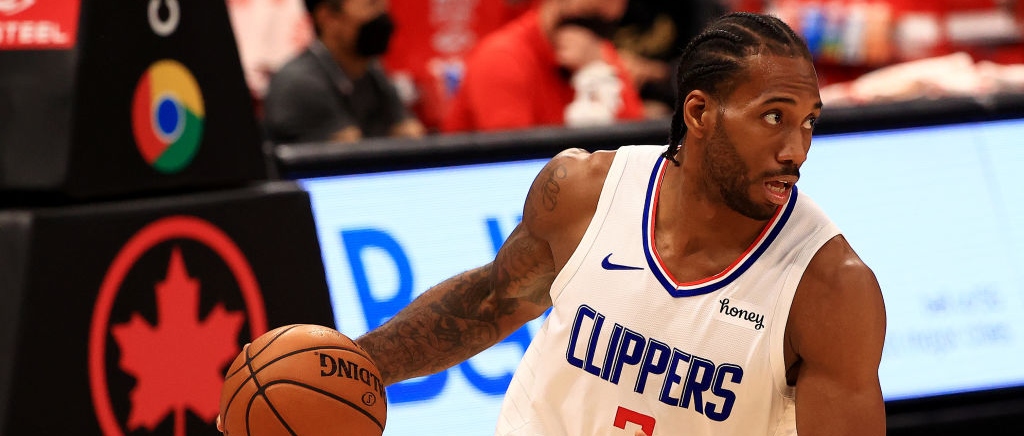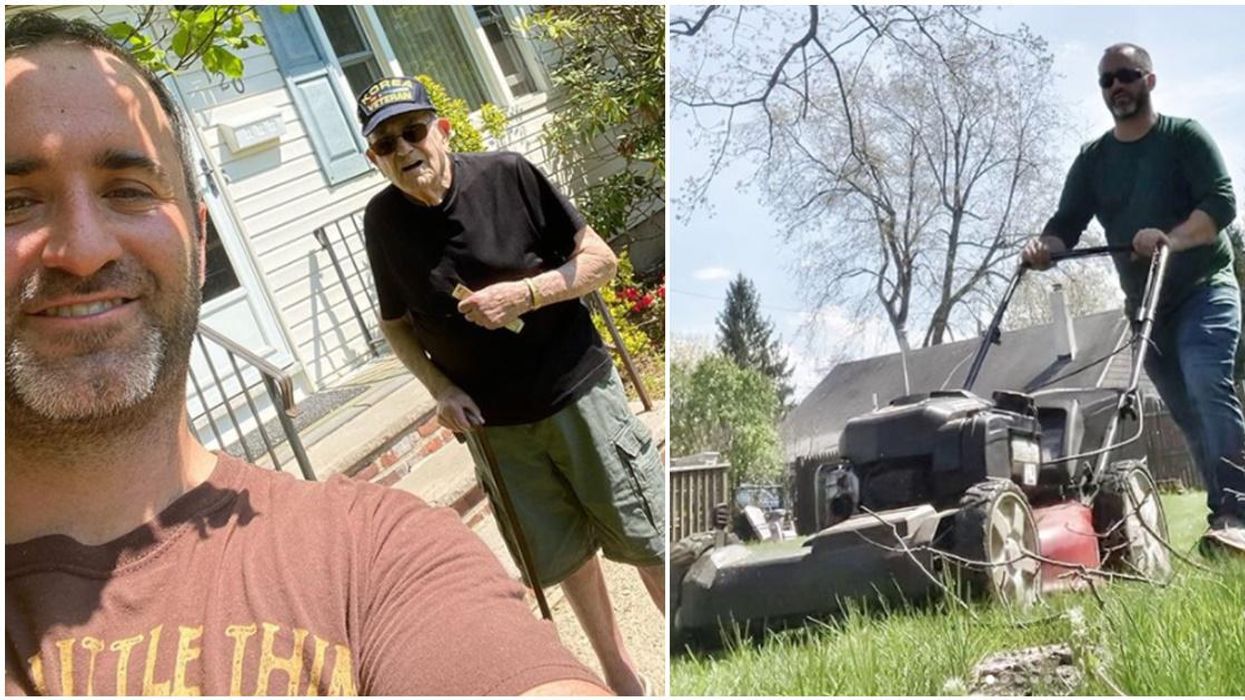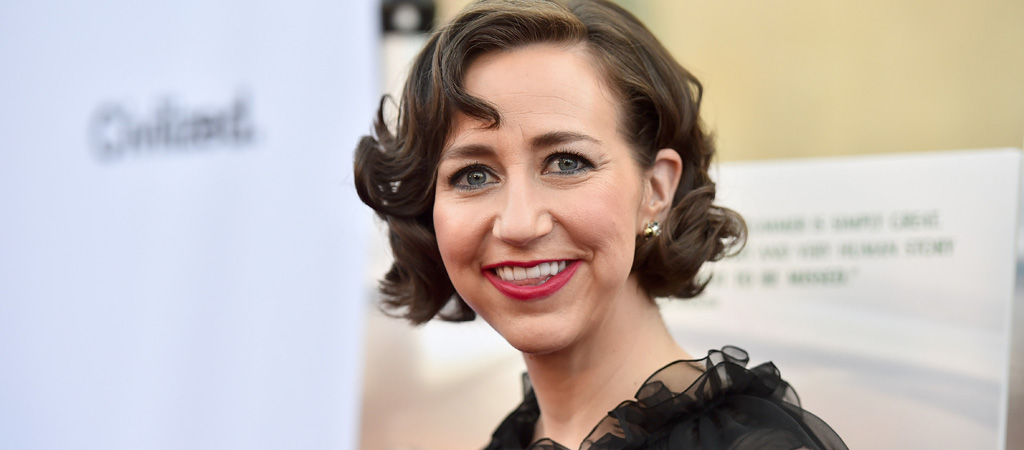The Suicide Squad (Warner Bros. film on HBO Max) — David Ayer’s 2016 Suicide Squad confined itself to a PG-13 rating, but no one expected James Gunn’s The Suicide Squad to stay with PG-13, and in fact, this R-rated (and quite good) extravaganza is releasing simultaneously on streaming and in theaters. Enjoy the “horribly beautiful” assortment of supervillains as they undertake their latest Task Force X mission, and the cast is an enormous, eclectic, and electric. Not only do we have the returning Margot Robbie (as Harley Quinn), Joel Kinnaman (as Rick Flag), Viola Davis (as Amanda Waller), and Jai Courtney (as Boomerang), but John Cena, Idris Elba, Pete Davidson, and more joined the cast. Also: Sylvester Stallone as King Shark. Sold!
The White Lotus (Sunday, HBO 9:00pm) — Mike White’s new series skewers the ultra-wealthy in what turns out to be a brilliant satire on how obscene wealth rots everything that it touches. It’s like The Love Boat or Fantasy Island had a lovechild with Agatha Christie. This week, Armond’s working overtime at damage control while Paula’s disillusionment grows, and Rachel’s frustration reaches new heights.
Here’s some more regularly scheduled programming:
UFO (Sunday, Showtime 9:00pm) — Timing might not be everything, but it sure means a lot. Earlier this summer, the U.S. government’s so-called comprehensive report on Unidentified Flying Objects revealed, uh, nothing. Enter J.J. Abrams with this four-part docuseries that examines the cultural touchpoints of alien sightings and promises to examine possible motives on those parties who might be “shielding the truth,” and since this is coming from Abrams (Cloverfield, Super 8), it’s difficult to know whether to expect a levelheaded tone in a series that (most likely) aims to make Fox Mulder proud.
Wellington Paranormal (Sunday, CW 9:00pm) — What We Do In The Shadows fans rejoice because you’re receiving a spinoff mockumentary series with the same comedy-horror tone from creators and executive producers Taika Waititi and Jemaine Clement. This week, zombies are afoot after the terrifying clowns wreaked havoc.
100 Foot Wave (Sunday, HBO 10:00pm) — This six-part sports-documentary series follows the decade-long journey of Garrett McNamara, the pioneering and iconic surfer who dreamed of conquering (as the title indicates) a 100-foot wave, which did more than push his sport to literally higher heights while also elevating a small fishing village.
Last Week Tonight With John Oliver (Sunday, HBO 11:00pm) — John Oliver… does Adam Driver?
Rick and Morty (Sunday, Adult Swim 11:00pm) — The episode title’s “Rickternal Friendshine Of The Spotless Mort,” so meet me in Montauk.
Here are more streaming picks for the weekend:
Mr. Corman: Season 1 (Apple TV+ series) — Joseph Gordon-Levitt has proven himself to choose his roles carefully after stepping away from blockbuster-land, and that makes his choice, in general, worth watching. In this series, he plays a public-school high school teaser who’s in the midst of an existential crisis. Granted, the word “existential” might make some eyes glaze over with assumptions that this show will contain a lot of naval gazing. However, Gordon-Levitt’s character is fueled by “a sinking suspicion that he sucks as a person.” That’s not only darkly funny but shows that there’s plenty of juice to mine from seemingly mundane life concerns and the fear, which many of us share, that we’ll all feel like impostors while pretending to grow up.
Ted Lasso: Season 2 (Apple TV+ series) — First thing’s first: Everyone who’s caught a glimpse of this Bill Lawrence co-created and developed series loves it. That’s a notable feat, considering that star Jason Sudeikis first portrayed the title character way back in 2013 for NBC Sports’ promos for Premier League coverage. Fast forward to the fresh hell that was 2020, and the show surfaced as one of the year’s lone bright spots. Ted Lasso is somehow both relentlessly and charmingly cheery, although the last season finale showed the team losing against Manchester City, which spelled bad news, since the team can no longer hang in English Premier League games. We’ll see how they can turn themselves around, and while considering that possibility, it’s best to remember that Ted Lasso (and Walt Whitman) once said, “Be curious, not judgmental.”
Val (A24 movie on Amazon Prime) — Yep, a Val Kilmer documentary surfaced from the indie studio behind Uncut Gems, Midsommar, Ladybird, and The VVitch. That’s news in and of itself, but now, the atypical doc has arrived to celebrate the Top Gun and Batman actor. The mercurial man’s life and craft will take center stage, since he recorded hours of home-footage (like Soleil Moon Frye did, only with more aviator sunglasses) while filming his most iconic roles and being, you know, Val.
The Last Mercenary (Netflix film) — Jean-Claude Van Damme gets flexible again while starring as an ex-secret service agent (in France) who turns into, well, a mercenary. There are mob hijinks and a reckless youngster and bureaucrats and an errant son and yeah, this sounds like 1980s movie that landed three decades too late, but hey, we could all use some silly action on our screens to make us forget about the effects of gravity.
The Walking Dead: Origins (AMC+ limited series) — This batch of episodes will bridge the gap between zombie-apocalypse-laden seasons with the origin stories of Daryl, Carol, Maggie, and Negan. Expect a lot of interwoven clips (along with cast interviews and narration) to remind everyone of these characters’ most pivotal moments as their stories head into the final season.
Vivo (Netflix film) — Netflix and Sony Pictures Animation paired up with a dream-team of filmmakers for a musical adventure that would be amiss if it didn’t star and feature new songs from Lin-Manuel Miranda. He portrays a one-of-kind kinkajou (a “honey bear” of the rainforest), who dreams of delivering a heart-shattering song to the long-lost love of his owner. Oscar nominee Kirk DeMicco (The Croods) is in the director’s seat with a co-directing assist from Brandon Jeffords (Cloudy with a Chance of Meatballs 2). The film also features the voices of Zoe Saldana, Michael Rooker, Brian Tyree Henry, Nicole Byer, and more. Ultimately, it’s a story about the universal languages of love and music and finding family in unexpected places.
Cooking With Paris: Season 1 (Netflix series) — If you wanted to watch a cooking show with not-so-wonderful cooking, then you’re in luck. Paris Hilton can’t cook too well, and she doesn’t pretend otherwise, but she has friends who can cook, so she’s aiming to brave the kitchen to screw everything up. Also, she’ll go grocery shopping, so hmm.


